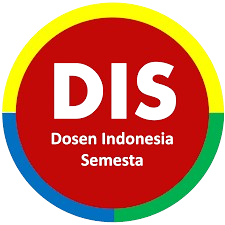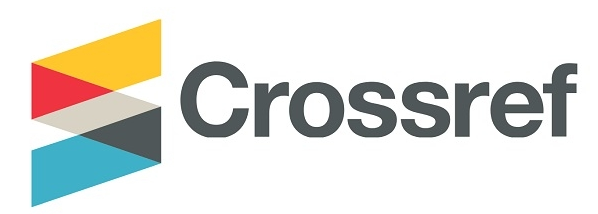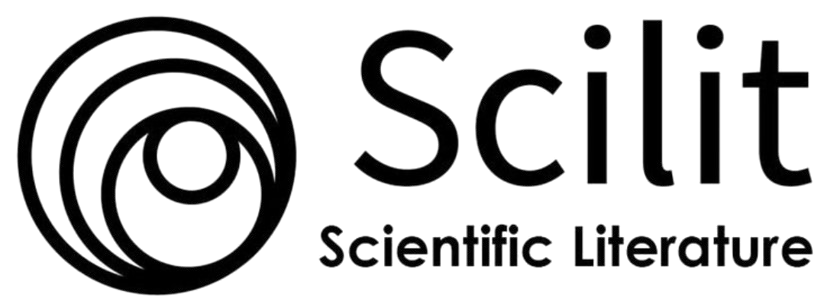A Descriptive Study of Teachers’ Questioning Strategies in English Classroom Interaction at SMAN 2 Taruna Bhayangkara in the Academic Year 2019/2020
DOI:
https://doi.org/10.36526/ln.v4i2.1453Keywords:
Teachers’ Qestioning Strategies, English Classroom InteractionAbstract
Questioning strategies are the important method for teachers to ask the students by giving the question. The goal of this research was to identify out the type and the level of questioning strategies that used by the English techers in English classroom interaction at SMAN 2 Taruna Bhayangkara in the academic year 2019/2020. This research used descriptive qualitative research design. There were 6 English teachers as the respondents. It determined by using purposive sampling. To collect the data, it taken by using questionnaire and interview. Likert scale was the tool to analyze the data from quistionnaire. To determine the data analysis, it related to eight indicators namely wait time, probing question, balance, participation, prhasing, sequencing, adaptation, and student question. From the data analysis, it offered that questioning strategies always use by the teachers in English classroom interaction. The percentage of wait time was 80.56%, probing question 79.17%, balance 61%, participation 76.39%, phrasing 87.5%, sequencing 80.56%, adaptation 68.06%, student question 73.61%. In addition, the most performed type of questioning strategies was phrasing (87.5%) and based on the Bloom’s Taxonomy, teachers used of model questions in understanding level which has indicated in lower level question. Thus, the English teachers should develop questions in higher level to stimulate students higher order thinking skill.
References
Chidongo, Mkandawire. (2013). Disertation: “Teachers’ Questioning Techniques in Mathematics at Grade 11 Level: The Case of Four Selected Secondary Schools in Petauke District”. Lusaka: The University of Zambia.
Critelli, A., & Tritapoe, B. (2010). Effective Questioning Techniques to Increase Class Participation. E-Journal of Stydent Research 2 (1), 1-7.
DeWaelsche, Scott.A. (2015). Critical Thinking, Questioning and Student Engagement in Korean University English Courses. Linguistics and Education 32, 131-147.
Gumay, S. (2018). Probing Questions in English Classroom: A Study of Teaching Practice (Praktik Keterampilan Mengajar) English Department Students Year 2016. UHAMKA International Conference on ELT and CALL (UICELL), 58-72.
Hariyanto. (2014). Assesmen Pendidikan. Bandung: PT. Remaja Rosdakarya.
Iksan, Z.H. & Daniel, E. (2015). Emerging Model of Questioning trough the Process of Teaching and Learning Electrochemistry. Canadian Center of Science and Education : International Education Studies.
Khotari, C. R. (2009). Research Methodology: Methods & Techniques (Second Revised Edition). New Delhi: New Age International Publisers.
Magthwi, A. A. A. (2015). The Effectiveness Of Probing Questios Strategy In The Development Of Thinking Skills In The Islamic Education Courses Using A Sample Of International School Students In Riyadh. European Scientific Journal, ESJ, 11(10).
Margono, S. Drs. (2007). Metologi Penelitian Pendidikan Komponen MKDK. Jakarta: PT. Rineka Cipta.
McComas, W.F & Abraham, L. (2000). Asking more effective questions. Rossier School of Education. URL: http://goo.gl/KHI9Le, Date Retrievied: May 15, 2015.
Nugraha, Intan S. & Suherdi, D. (2017). Scientific Approach: An English Learning-Teaching (ELT) Approach in the 2013 Curriculum. Department of English Education, Indonesia University of Education. URL: http://ejournal.upi.edu/index.php/L-E/article/view/9941, Date Retrievied: October 30, 2017.
Ocbian, M.M., & Pura. J.E. (2015). Questioning Strategies of Literature Teachers among Grade 8 Filipino Students. Gubat: Asia Pasific Journal of Multidisciplinary Research (3).
Omar, O. (2009). Teachers’ Questioning Techniques and Their Potential in Heightening Pupils’ Inquiry. Punggol Primary School: International Conference on Primary Education.
Sugiyono. (2009). Metode Penelitian Kuantitatif, Kualitatif dan R & D. Bandung: Alfabeta.
Sukmadinata, N.S.(2000). Pengembangan Kurikulum Teori dan Praktek. Bandung: PT. Remaja Rosdakarya.
Swift, J. N. (2005). Two Effective Ways to Implement Wait Time : a symposium on wait time. URL: http://goo.gl/fAK1iR, Date Retrieved: may 15, 2015.
Tofade, T., Elsner, J., & Haines, S.T..(2013). Best Practice Strategies For Effective Use of Questions as a Teaching Tool. American Association of Colleges of Pharmacy: American Journal of Pharmaceutical Education.
Downloads
Published
How to Cite
Issue
Section
License
This work is licensed under a Creative Commons Attribution-ShareAlike 4.0 International License.


















